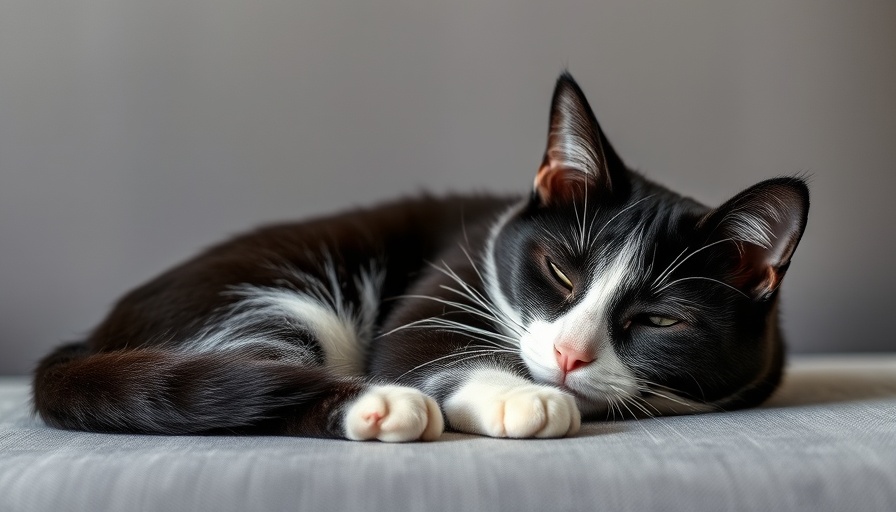
Do Cats Really Hold Grudges? A Look into Feline Behavior
Cats are notoriously independent and sometimes enigmatic creatures. It's often said that they can be moody, leading many cat owners to wonder: do cats hold grudges? While your feline friend might seem to be giving you the silent treatment after a visit to the vet, experts clarify that this isn't a grudge—it’s something more complex.
Understanding Grudges: A Feline Perspective
According to Joey Lusvardi, a mental health professional and founder of Class Act Cats, a grudge is defined as a deep-seated emotion linked to a perceived wrongdoing. Grudges can manifest as feelings of anger, resentment, or jealousy in humans. However, cats lack a moral compass; they operate based on instinct rather than feelings driven by the concept of fairness.
Dr. Maggie Placer, a veterinary science expert at EveryCat Health Foundation, hits on the point that felines perceive their environment differently from humans. Their behaviors are often reactions to changes in their routines or surroundings, such as a natural response to stress rather than a lengthy emotional response. “Cats go off fact, not interpretation,” Dr. Placer explains.
The Feline Memory: Memories Without Grudges
So if cats don't hold grudges, what do they remember? Both Dr. Placer and a recent article by Barri J. Morrison emphasize that while cats may not hold grudges, they do possess impressive memories. Cats can remember certain scents and sounds, and these memories can impact their behaviors significantly.
Felines have a capacity for long-term memory that can extend their recognition of their littermates for up to two years through scent. Emotional experiences, both positive and negative, can shape their reactions. For instance, a cat with a traumatic past may not trust new humans, not out of resentment but as a survival mechanism from learned experiences.
Feline Emotions and Their Origins
One enlightening aspect to consider is that cats are sentient beings capable of experiencing various emotions that mirror human feelings, albeit differently. Feline emotions can encompass fear, anxiety, joy, and, in some cases, abandon. As noted by experts at Purrrfectly Holistic, the emotional well-being of cats can be severely affected by their experiences, leading them to develop deep emotional imprints.
The Impact of Negative Experiences
Cats often react to past traumas, such as loud noises or harsh handling, which triggers emotional responses. These reactions do not indicate a grudge, but rather, they are expressions of learned anxiety and discomfort. For example, a cat may react defensively to a vacuum cleaner due to a memory of fear associated with it.
Understanding that cats don’t hold grudges but rather respond to stimuli from their past allows pet owners to develop strategies for improving their cats’ emotional health. Techniques such as desensitization and positive reinforcement can help alleviate negative associations and foster a more trusting environment.
Positive Reinforcement: Key to Understanding Cat Behavior
Creating an environment where your cat feels safe and understood is essential. Positive experiences can outweigh negative memories, assisting in gradual trust-building. This means reinforcing good behaviors and providing ample opportunities for your cat to explore their environment safely and comfortably.
Final Thoughts: Embracing a Deeper Understanding of Feline Behavior
As pet owners, embracing a deeper understanding of your cat’s mental and emotional world can enrich your relationship with them. Rather than interpreting their behaviors through a human lens of grudges or resentment, recognize that their reactions are rooted in instinct and experiences.
So next time your cat seems distant, it might simply be that they’re processing new information or feeling overstimulated rather than sulking over a perceived slight. By being attuned to their needs and emotions, you can foster a loving, trust-filled relationship with your furry companion.
For more insights into feline care and health, pet owners and enthusiasts should explore the importance of understanding their pets' behavior. Learning about your cat's memory, emotional triggers, and responses will empower you to create a better environment as a responsible and loving pet parent!
 Add Row
Add Row  Add
Add 


Write A Comment